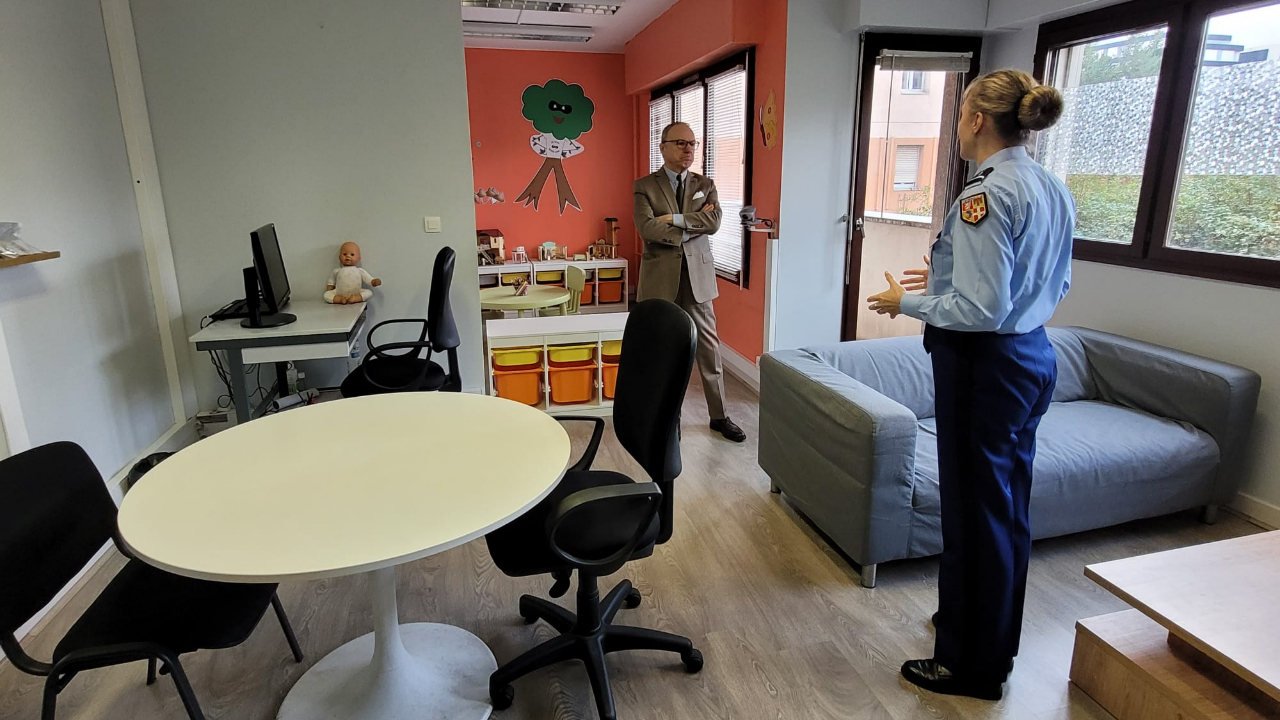Par Alain Gravel
Published on
After investigating the matter for several months, the channel Via Occitania proposed on 23 November 2022 an editorial dossier dedicated to waste.
Waste production per inhabitant amounts to 582 kg per year, one of the worst scores in Europe. 66% of this waste is recycled, 28% eliminated (landfilled) and 6% recovered to produce energy.
Increase in the tax on polluting activities
The documentary indicates that 30% of road traffic consists of the transport of waste. On the other hand, the general tax on polluting activities (TGAP) linked to incineration will drop from €17 per tonne in 2021 to €25 in 2025. This means that the operation will cost more for the communities.
There is therefore an important issue related to waste reduction.
Insufficiently mobilized communities
Reducing waste at source remains problematic. Thereby, Thomas Guilpin, from the Zero Waste Toulouse association, believes that local authorities in the region, such as Toulouse, are not doing enough. However, local authorities have an obligation to reduce and recover waste.
In contrast, Thomas Guilpain relies on the metropolis of Montpellier, which he cites as an example. He has appointed an elected official responsible for waste policy. This allows you to implement proactive policies such as the treatment of organic waste. These can thus be recycled at a sorting center to be transformed into soil.
Remunerate producers and communities, or even individuals?
The documentary indicates that in the coming years we will pay for the treated waste, but also and above all waste avoided. This opens both to compensation for virtuous industrialists but also directly or indirectly for virtuous communities. This logic should cascade onto private individuals, at least through a reduction/modulation of the tax linked to household waste. The model remains to be specified. Some communities will likely play pioneers in this area.
More generally, for Agnes Langevina, Vice-President of the Occitanie region, if the volumes of waste to be treated decrease, the remuneration per tonnage of the recycling sector will suffer. “So there’s a new economic model to come up with,” he says.
Less waste produced also means a lower carbon footprint linked to the transport of this waste to sorting centers and landfills. A new doubly virtuous model.
Was this article helpful to you? Note that you can follow Actu Occitanie in the My Actu space. In one click, after registering, you will find all the news of your favorite cities and brands.


